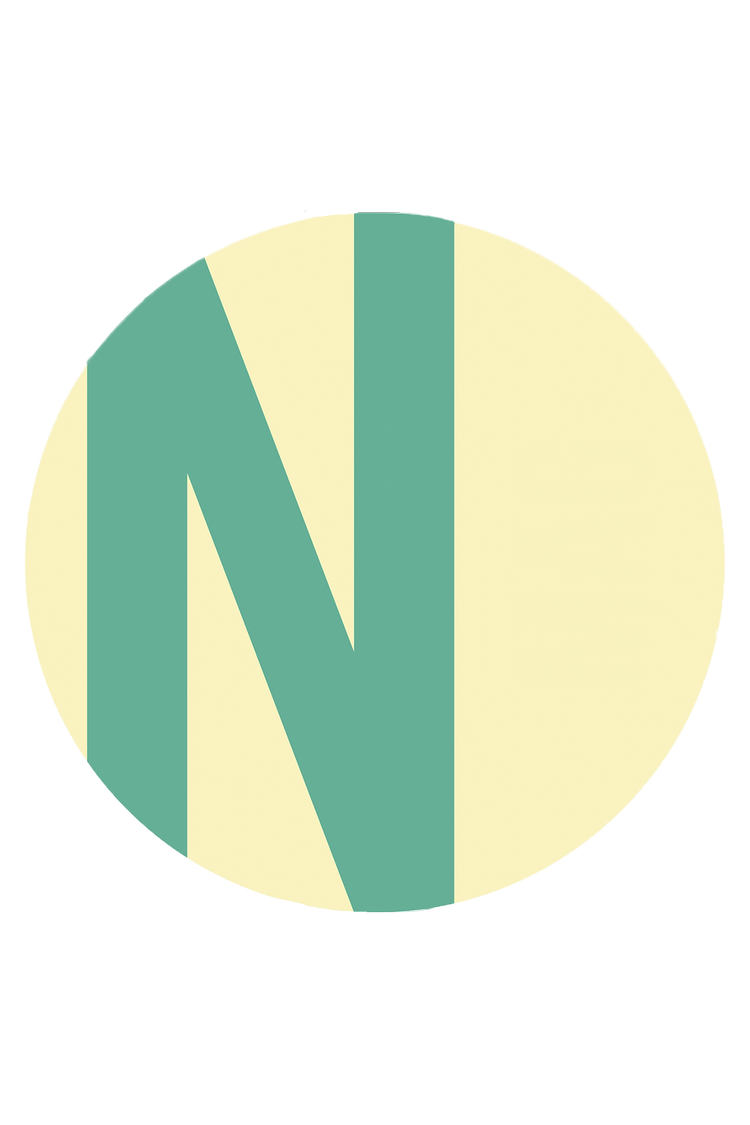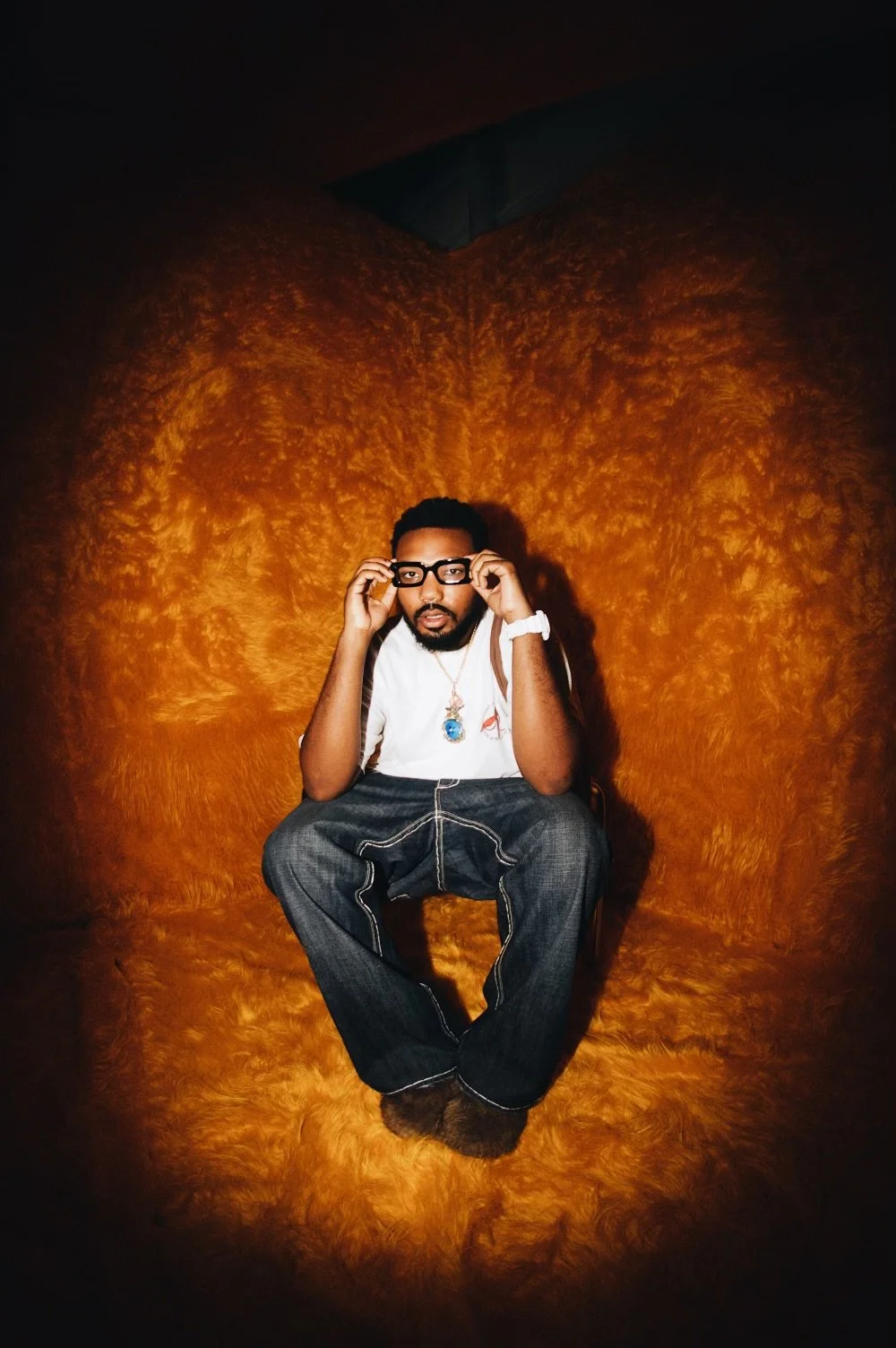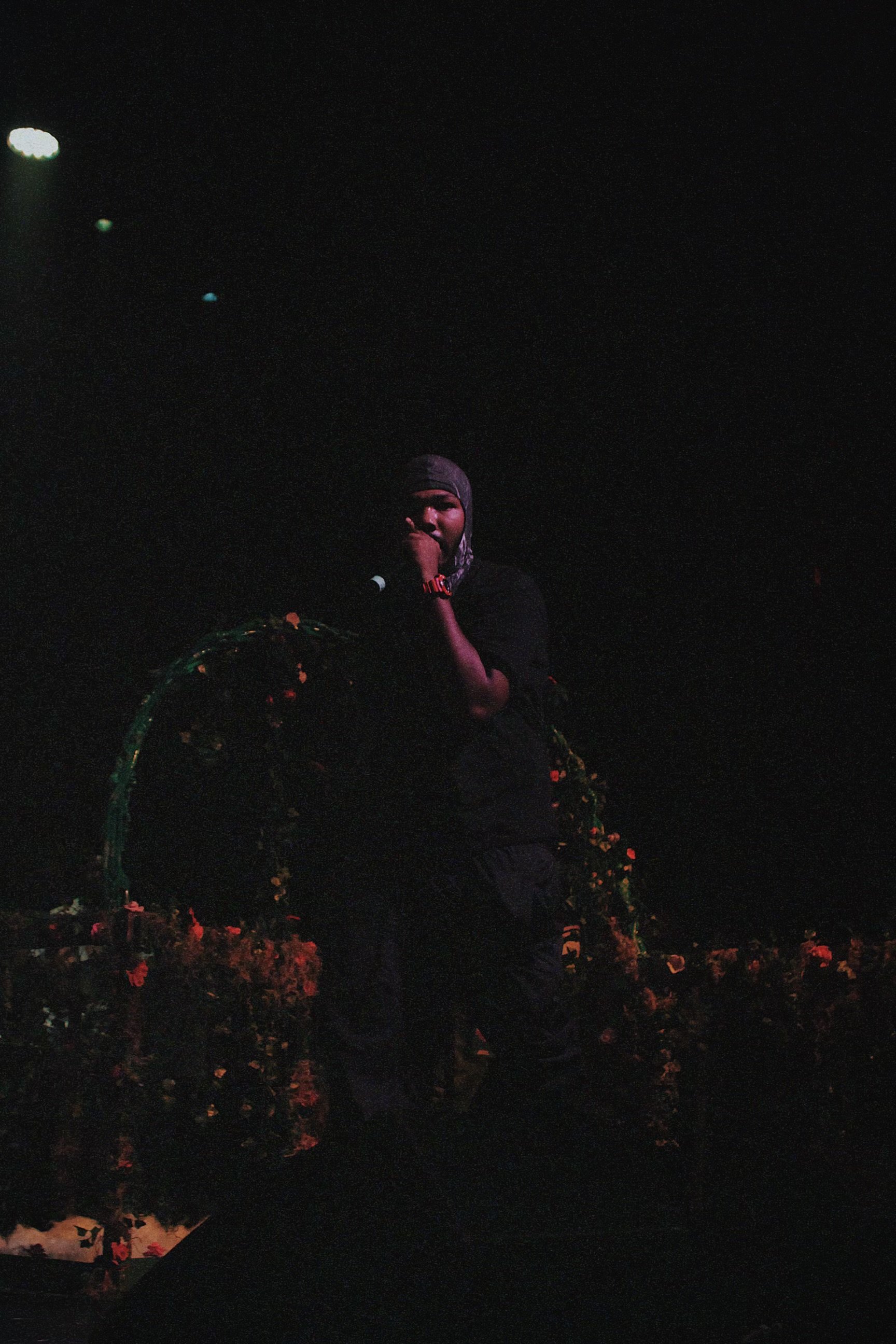Written: Oliver Heffron
Up-and-coming Atlanta MC oksurf is taking his sound to new heights by paying careful attention. Since the release of his debut Rage Angel last year, the Atlanta native has maintained the momentum through rowdy live performances and consistent releases, building a distinct and versatile sound that sets himself apart in a crowded local scene.
For his sophomore LP, oksurf teamed up with producer DJ Marc B for a more focused, rap-centric project, F**K YOU MEAN: S.U.R.F. Taking on a slew of blistering trap instrumentals oksurf anchors the beat marathon with ease, distilling raw energy and talent into its polished 20-minute runtime.
Despite being raised on SoundCloud and the internet, oksurf is a throwback artist in his attention to detail and commitment to the craft, treating every show like it’s his last and letting his live performance lead the direction of his sound.
oksurf sat down with NUANCE to discuss his first two projects, coming up in the current Atlanta rap scene, and how he built a solid foundation for the rest of his career.
Going to high school during Soundcloud’s golden era, oksurf started making music at 15, inspired by artists like Key!, Cash Kidd, Post Malone, Nebu Kineza, and Famous Dex. After enrolling in college, oksurf realized he needed to focus solely on music, dropping out soon to pursue it full-time.
Photo Courtesy of Sherwin Davis
Coming up in Atlanta over the last few years, oksurf downplays the scene’s lauded cliquishness: “If you do what you’re doing the right way, it doesn’t matter if you’re in a clique or not. People will end up tapping in with you anyways.” With so many artists trying to make waves, he describes an atmosphere of “unspoken competition,” where transactional relationships and envy can get in the way of artists genuinely supporting each other: “I feel like it’s one of those things where everybody’s trying to be the next person..nobody really tries to go out of their way to do that because everybody’s trying to be the next person.”
Thinking back on the build-up to his debut Rage Angel, oksurf reflects on how the breakthrough in his sound was a product of the people around him: “This is around the time where the foundation that I have right now was being built. I was really just around people who were ever able to take my sound and elevate it and really push me to do something different.” He also describes how Rage Angel was influenced by the success he was finding performing live in the city: “I was getting a lot of recognition from my live shows, and so it was like: how do we put that into an album?”
While many hip-hop artists play into a self-made, individualist persona, oksurf quickly credits the team around him for his success, taking an “it takes a village” attitude towards his career: “They’re just as involved in this shit as I am. If I tried to do it all by myself, I wouldn’t be talking to you right now….You gotta trust people. Obviously, you have to work for that, and it has to be something you gain over there, but you gotta trust people.” While it took a few years to work it out, oksurf couldn’t be happier with where his team is now: I feel like the team and just the people I have around me now, like, everybody gets it…I feel like we’re unstoppable right now.”
On his new collab with DJ Marc B, oksurf continues translating his live show energy into projects while presenting a different aspect of his sound, honing in on the hard-hitting production with focused verses and dynamic flows. “I think that that project gave people a different side of me that they didn’t know I could tap into. But I think it’s been the one we’ve been doing the whole time, it was just finding a way to transition that into the public eye.”
Photo Courtesy of Sherwin Davis
With two impressive projects under his belt, oksurf looks to maintain the momentum by making big plans and paying attention to the smaller opportunities in between. He explains, “We have overall goals, but then there’s these little things in-between the main goals happening that are not planned for but also not unexpected…If we can figure out a way to use the little things in-between the big things to keep the big things going, that’s the way you keep afloat.” He expands on how this perspective towards goals has helped him realize an important lesson: “People’s goals are always just big as fuck. They’re always like, ‘I gotta go from zero to 1000’ but forgetting that you gotta go 999 more steps before you get to it. So I think for us, that’s what kind of keeps us afloat. It’s like the little things in between, like shows, or continuing to post on SoundCloud…just don’t don’t be satisfied with the moment.”
Coming up in an era where mainstream hip-hop has significantly shifted emphasis away from the art of live performance, oksurf is passionate about delivering a great show. While he loves to perform, it’s also something he sees as essential for artists who really want to stand out and survive as the internet leaves the golden age of free streaming and into an ominous new information age:
“I feel like n*****s don’t care about what the song is live; they don’t care about enough about it and that’s the problem. Yeah, recording the song and all of that is cool, and that’s supposed to be the easy part because we rap–that’s not supposed to be the hard part. The hard part is going out there and figuring out a way to make that shit translate when people are in front of your face. And if you can’t do that, you just gonna be an internet n***a…and sooner or later, the internet is gonna change again, and the trend is going to change again, and then you’re not going to be trending. But the difference between Playboi Carti and whoever the f*ck else on the internet is when Playboi Cardi B does a show, there’s gonna be 10,000 n****s dressed in all black, white shit on their faces, fangs and all type of shit. Because n****s understood the importance of performative art too, and not just like the rap machine.”
Practicing what he preaches, oksurf approaches each of his shows with the same energy, no matter the size of the audience: “What I would say is you got to treat every show like it’s Rolling Loud; you got to treat every show like a festival, even if there’s 5, 10 people in the crowd.”


